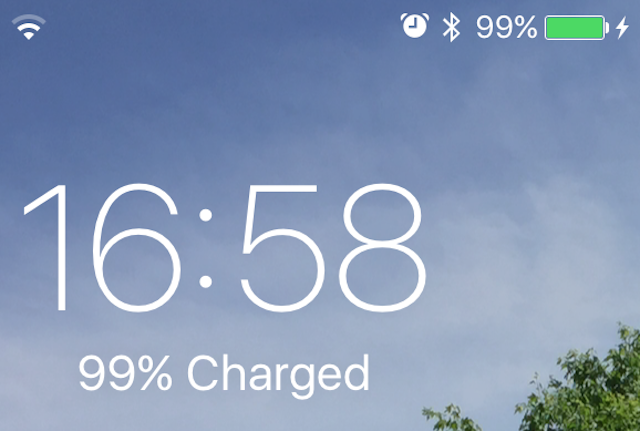
While everything seems to be in meltdown mode on Twitter, a lot of users are jumping ship to Mastodon.
Mastodon is not new. It’s actually been around for a handful of years but operating in smaller, dedicated circles as an alternative to “major” social networks like Twitter or Facebook.
I had been thinking about exploring more about Mastodon a few years back but never found the time to dig into it. Of course, now that I’ve made my jump on board, I’m somewhat regretting that I haven’t explored it sooner.
I understood that it’s a “federated” social network but never really grasped what that meant until I got into it. Hearing someone say it is a lot different than actually getting hands on so that your brain can fully comprehend what that means.
And it’s awesome. Yes, it’s a little difficult to understand at first, and there is a lot of terminology and functionality that is mostly the same but different from those mainstream social networks that you might already be familiar with.
The one thing I really like about Mastodon is how decentralized it is. There are pluses and minuses to that concept, but this is what could make Mastodon a really great, evolutionary step in all things internet.
Because “federated” is something everyone is more familiar with than they know. The roads you drive on are federated. The phone you talk or text on are federated. Email is federated. There is an established method for how all of these things work that is managed on various levels but generally provide the same standards.
When you drive across the country, at least in the US and Canada, you subconsciously expect that there will be at least a two lane highway that is wide enough for two cars traveling in opposite directions. Every state or province has their own methods for how those roads are constructed and maintained, but they are all built to a standard that every driver tends to understand. From signage, road markings, and speed limits, there are established protocols that remain fairly the same from location to location.
That’s what is meant when it is said that Mastodon is federated.
There is an established method that allows islands of servers to exchange data in a predefined, open source protocol, which is pretty much the exact same way email already works.
And just like email, anyone can setup a server or find an existing service to sign up on to start interacting with the world. But once you control a server, you can decide who can have an account on it, what other servers can interact with your server, and so on.
That is where the power lies in Mastodon for me. It might not be perfect and need some work to make these protocols efficient as more and more people jump on board, but the idea of having control over your social network is a massive concept to a more free and open internet.

